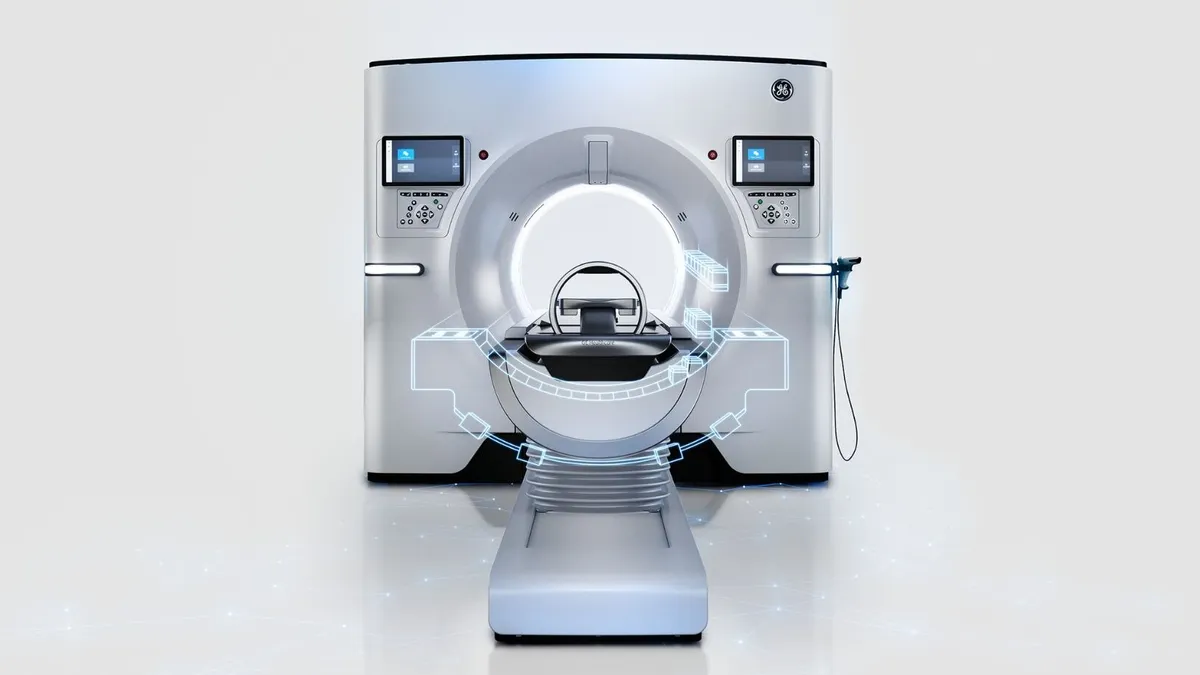Dive Brief:
- Medical device companies will experience volatile equipment orders from hospital customers for at least the next 12 to 18 months, according to a report from Moody’s Investors Service.
- The forecast reflects the analysts’ belief that a potential recession, coupled with inflation that has increased the cost of labor and utilities, may drive some hospitals to reduce spending on medical devices.
- Moody’s Investors Service calculates that Baxter, GE HealthCare and Philips are at the highest risk because they sell expensive devices to hospitals and have limited revenue from recurring or non-capital sales.
Dive Insight:
Medical devices such as imaging equipment, robotic surgery devices and other expensive, long-lasting technologies have a useful life of five to 10 years and can cost more than $1 million apiece, according to the report. That suggests hospitals may defer purchases when their budgets are stretched, which can happen in an economic recession, Moody’s said.
“Amid a relatively difficult macro backdrop over the next 12-18 months, hospitals could reduce capital spending or put intensified pricing pressure on device companies to offset their own operating headwinds. To that end, hospital systems may seek to reduce spend on high-ticket medical devices by limiting the number of medical device manufacturing partners,” the report states.
That conclusion led Moody’s to evaluate which companies are most exposed to hospital capital budgets. The analysis identified five companies that have a high-risk gross exposure to capital equipment. At two of the companies — Medtronic and Stryker — the risk is partly mitigated by recurring sales of consumables and parts, resulting in a moderate overall risk rating, the analysts said.
Baxter, GE HealthCare and Philips also generate some revenues from those recurring sales but are more exposed overall to hospital capital budgets than Medtronic and Stryker, according to Moody’s. The analysts classify Abbott, Becton Dickinson and Boston Scientific as low risk because they have moderate exposure to capital equipment and strong recurring sales.
Although the analysts expect volatility over the coming year, they are optimistic about the longer-term prospects of the industry. Aging populations and rising cases of chronic disease will increase demand for medical devices and, while the analysts said “hospitals will likely face challenges as traditional inpatient care shifts to outpatient settings,” they expect changes in the site of care to have little impact on medtech companies.










